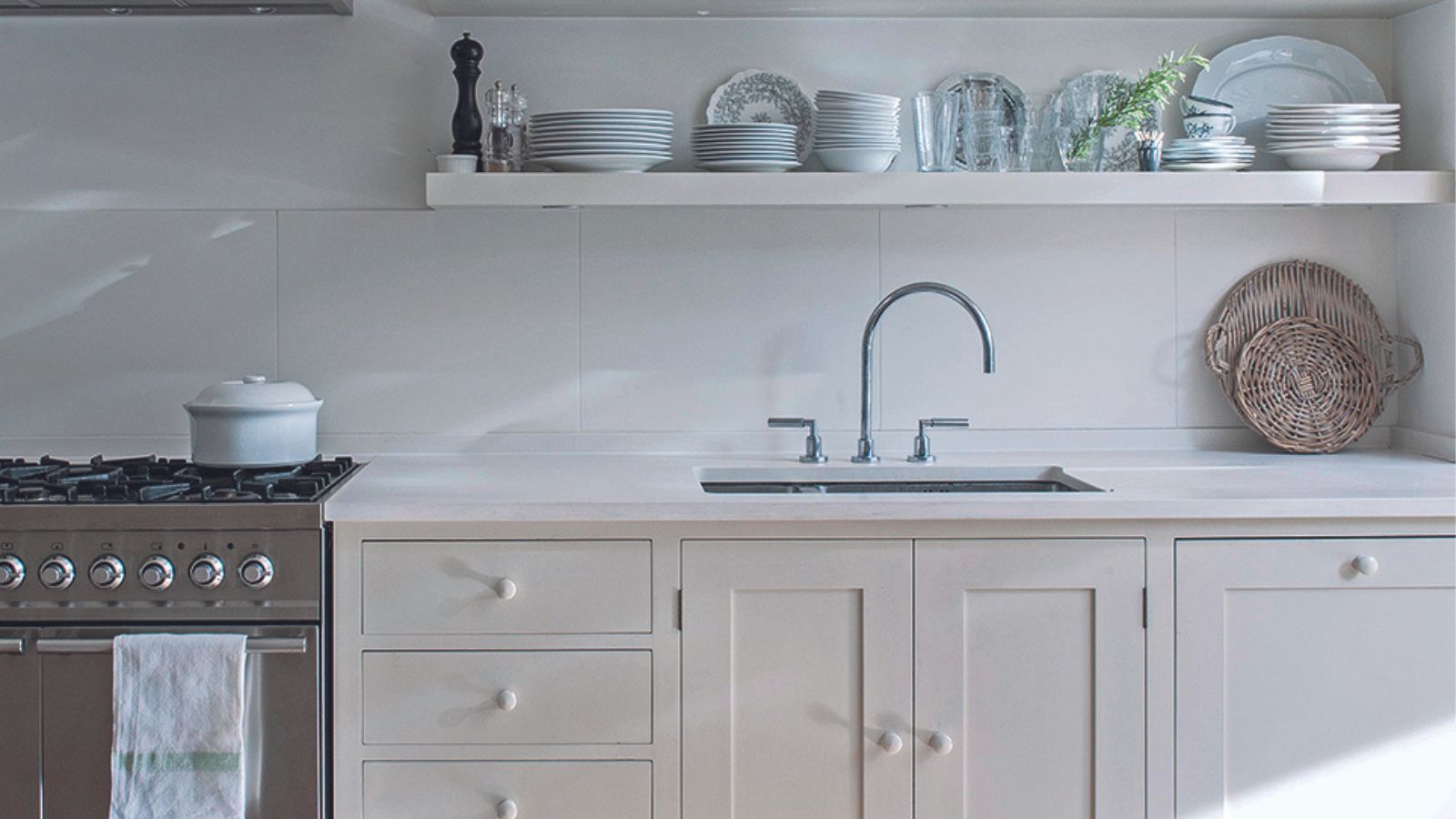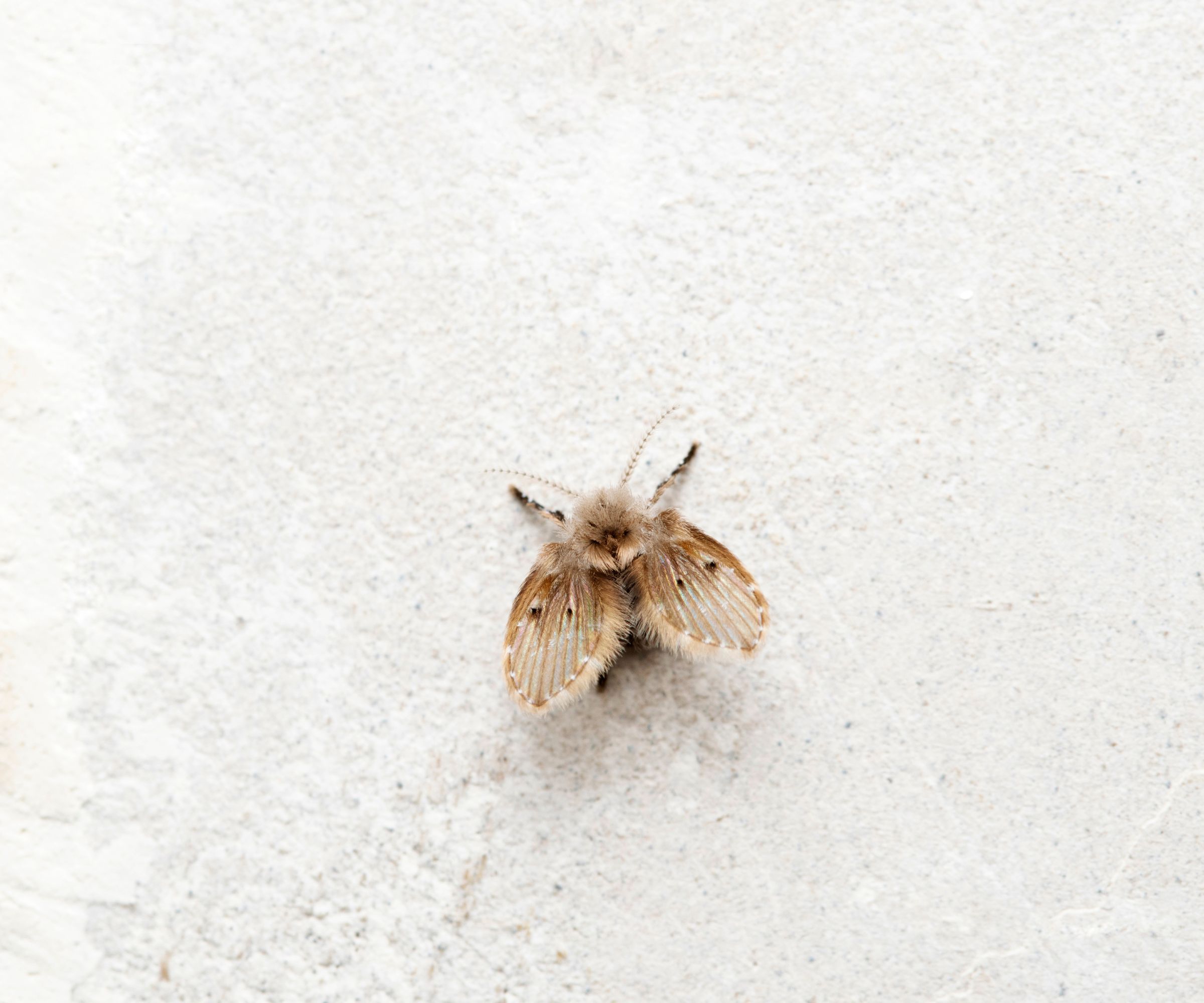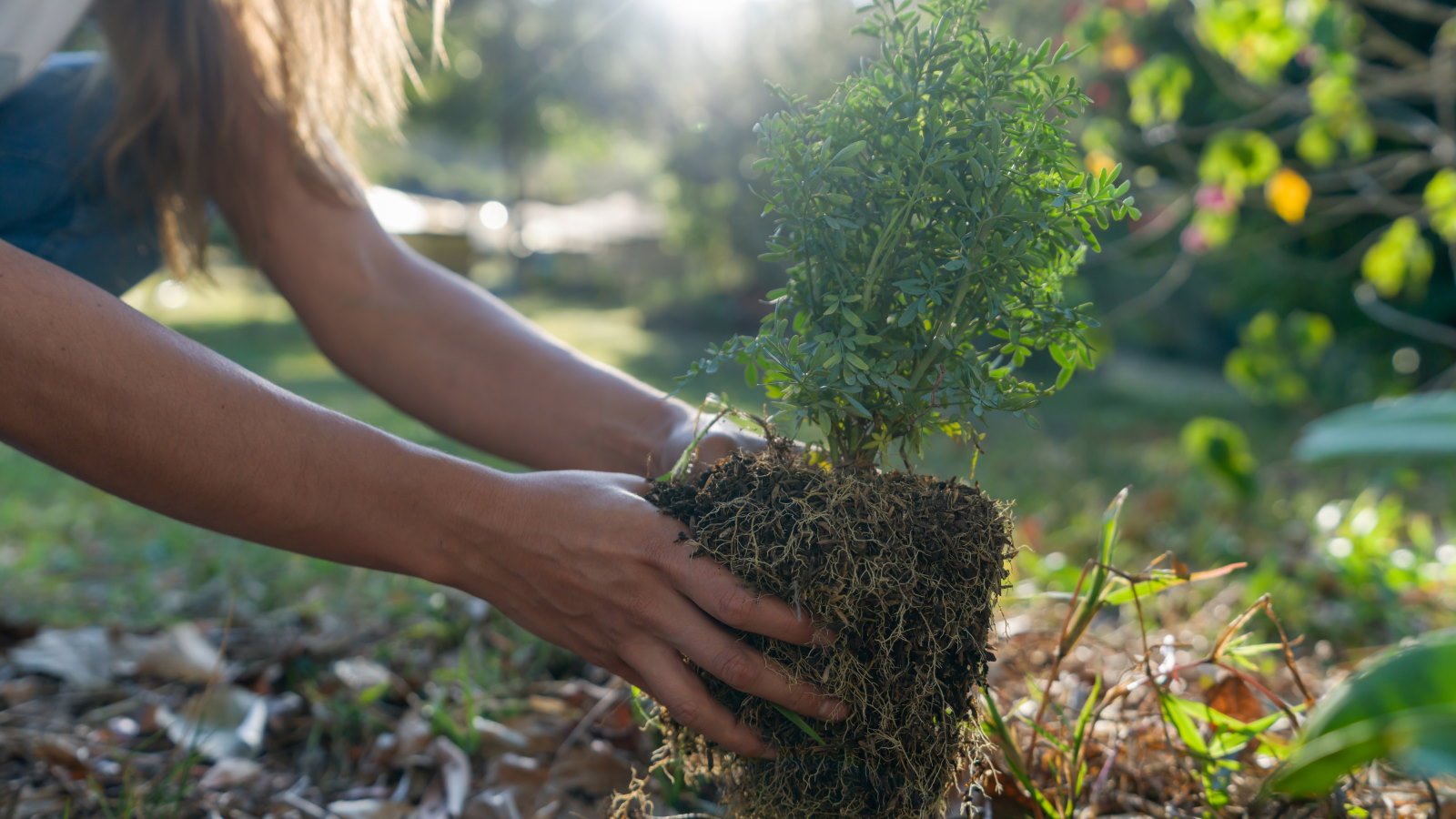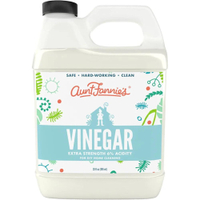How to get rid of drain flies – 5 steps to freshen up your drains
These five easy steps are super simple to do and don’t involve harsh chemicals


Flies are amongst the most irritating home pests – never causing damage but always causing irritation. It’s even worse when they have taken up residence in your drains, with a simple hiding spot to escape to.
Luckily, there are some simple home remedies to get rid of flies that can be used to tackle drain flies, and none of them use harsh chemicals that risk damaging your drains and contaminating the wider water supply.
Here, pest control professionals explain how to get rid of drain flies to be free from flies in five steps.
How to get rid of drain flies
Despite being tiny (less than one-eighth of an inch), these irritating drain pests have eggs that hatch as rapidly as every 48 hours, making them a true force to be reckoned with.
Because of this, drain flies are also very unlikely to go away on their own, repopulating constantly until you take measures to get rid of them.

1. Identify which drains are infested
The most important step to getting rid of drain flies is to identify where they are coming from in the first place, says Matt Freeburn, branch manager, and pest control expert at Clark’s Termite and Pest Control. Especially if you are left wondering why you have so many flies in your house as there are likely multiple infested drains.
Matt suggests locating affected drains by ‘placing tape over the drain opening with small holes to allow for airflow, overnight. This will catch adult flies leaving the breeding site and alert you to which drains need to be cleaned,’ he suggests. ‘This process may need to be repeated to get a full scope of the infestation.’
It is important to note that it is not just your drains that may be affected, Matt adds. ‘Drain flies can also infest under floor slabs or in crawl spaces if a drainpipe is broken, or live in sump pump basins. Sewers found in basements can harbor drain flies as well.
‘In most cases of infestation, multiple breeding sources will be present. Don’t stop looking when one source has been found.’
2. Use a metal drain brush and hot water
When you have drain flies, the best treatment is to clean kitchen sink drains and unclog shower drains manually. There are plenty of drain cleaners available online – such as Mister Plumber from Walmart – which are great for regular maintenance and to prevent stagnant water, but it is best to use a metal drain brush, like this one from Amazon, and hot (not boiling water) when getting rid of drain flies and their larvae, Matt Freeburn explains.
‘While pouring boiling water down the drain may clean the organic matter and eliminate the infestation, it may also lead to damage to your sinks, pipes or even worse, personal injury. Use hot water only to flush the debris down after scrubbing.’
3. Follow up with vinegar and baking soda
Drains are one of the many things you can clean with vinegar, and mixing it with baking soda makes the perfect solution for combatting any remaining drain flies or their larvae.
A.H David, pest control expert and writer at Pest Control Weekly suggests using a mixture of equal parts vinegar and baking soda. Pouring the baking soda into the drain first followed by the vinegar allows them to react within the pipe cleaning the drain, deodorizing, and getting rid of blockages. ‘Leave this in the drain for a few hours, then rinse with hot water,’ he says.
6% Distilled White Cleaning Vinegar | $11.99 at Walmart
This specially formulated white vinegar with cleaning strength at 6% acidity is perfect for cleaning around your home, and can be used to help dislodge fly eggs from your drains while also busting grease and deodorizing.

A.H David is the Co-Founder and Editor in Chief of Pest Control Weekly. By hobby, he is a gardener and has experience dealing with all types of pests found in backyard gardens. His goal is to provide well-researched and authentic information about pests from his own experiences.
4. Place a plastic cup coated with petroleum jelly over the drain
Once you have treated the drains, it is time to catch any lingering flies before they have the chance to migrate to another area of your home. To do this, you can coat the inside of a disposable cup with petroleum jelly, such as Vaseline, and place it upside down over the drain,’ recommends Scot Hodges, VP of technical services at Arrow Exterminators.
Any drain flies leaving the drain to escape the cleaning solution or find food will be trapped in the jelly, easy to dispose of.
5. Solve the cause of the stagnant water
As with getting rid of fruit flies, or getting rid of gnats, it is important to treat the source of the problem, be it rotting food, spills – or stagnant water when it comes to drain flies.
This can involve a few things, from ensuring water flows freely through drains, checking for and fixing leaking pipes around your home where pools of water may be forming, ensuring houseplants are not sitting in water after watering, and avoiding leaving vases of water around the house for too long before refreshing it.
This will help to prevent drain flies from settling in your home again in the future.
FAQs
What causes drain flies?
Drain flies love standing water, so clogged or slow-draining drains, unused toilets, leaking pipes, and refrigerator drain pipes can all offer perfect breeding grounds. These bugs will come in through windows if they sense standing water, but can also come up through the drains themselves and then spread throughout your house.
Are drain flies harmful?
Drain flies are relatively harmless insects that are not known to transmit any illnesses to humans. It is still important to get rid of them, however, as they are generally unhygienic, and are a sign your drains are dirty and slow draining.
When treating drain flies, it is best to avoid using bleach as a cleanser for your pipes, suggests Matt Freeburn, pest control expert. ‘While bleach is a useful cleaner and disinfectant, it will not clean drains alone and may be harmful to drains or pipes if not diluted properly,’ he explains.
Sign up to the Homes & Gardens newsletter
Design expertise in your inbox – from inspiring decorating ideas and beautiful celebrity homes to practical gardening advice and shopping round-ups.

Chiana has been at Homes & Gardens for two years and is our resident 'queen' of non-toxic living. She spends most of her time producing content for the Solved section of the website, helping readers get the most out of their homes through clever decluttering, cleaning, and tidying tips. She was named one of Fixr's top home improvement journalists in 2024.
-
 7 shrubs to plant in April to transform beds and borders – including native plants and bushes suitable for dry or wet spots
7 shrubs to plant in April to transform beds and borders – including native plants and bushes suitable for dry or wet spotsThese shrubs can bring flowers, texture, and fragrance, as well as attracting beneficial insects and birds
By Drew Swainston Published
-
 'The world will not end' – 5 cleaning habits to quit for a happier, easier life, and what to do instead
'The world will not end' – 5 cleaning habits to quit for a happier, easier life, and what to do insteadGet your home sparkling, minus the stress
By Ciéra Cree Published
